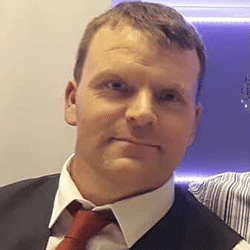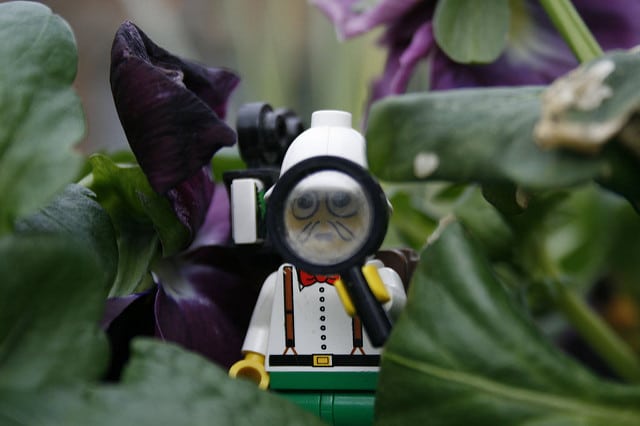Bacteria are good hosts for expressing recombinant proteins, mainly because they are easy to manipulate and grow. But their relatively simple expression systems can’t cope with every gene you throw at them so proteins will often fail to express properly.
Sometimes the protein is fully expressed but cannot fold properly. This is particularly common when the evolutionary distance between the host and the organism means that the bacterial cytoplasm is an unsuitable environment for folding. Too high a rate of protein expression, lack of a chaperone or partner protein and inability to form disulphide bonds are common examples.
These unfolded proteins will aggregate to form inclusion bodies – insoluble protein granules – in the cytoplasm. But if this happens, all is not lost. It is possible to recover the inclusion bodies, denature them and refold the proteins in vitro to recover functional protein that can be used for further study.
The problem is that every protein requires different conditions and methodologies for optimal refolding, so a lot of time consuming experiments are required to optimise the protocol for each protein.
To alleviate this problem, researchers at Australia’s Monash University have set up the REFOLD database, which contains protocols, developed by contributor to the database, for refolding hundreds* of different proteins.
If you are faced with the task of refolding an insoluble protein, this should be your first stop. If you find the protocol for your protein then you will save yourself a lot of time. And if you don’t, once you develop your protocol, uploading it to the database will save someone else the time in future – giving you some good research karma.
*Protocols for 653 proteins were in the database at the time of writing
Photo: bousinka







